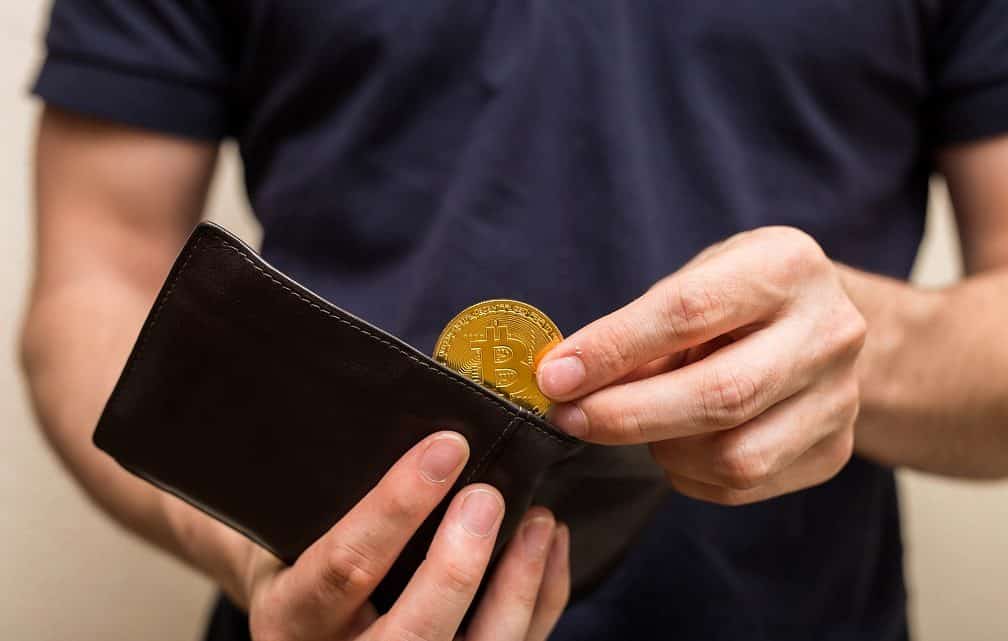You are probably reading this because you hold some crypto or wondering how safe it is before you jump in. You also heard that the blockchain is virtually impenetrable as it was designed to be, hence the reason why banks, security agencies, governments and many other critical establishments are implementing it on their systems.
However, you would also be interested in knowing why over $4 billion worth of cryptocurrency was stolen last year, with a higher amount expected to be lost again this year. The blockchain is certainly a rock-solid technology, as there are no recorded breaches on it to date. However, it is the normal technologies surrounding it like consumer devices, browsers, wallets, coin exchanges that are always being hit.
Will you be among the unfortunate victims of the next mega “crypto heist”? What methods are criminals using to steal crypto worth millions of dollars from individuals and companies in 2020? What steps can you take to protect your precious virtual coins in 2020? These and other crypto security questions are discussed in this article.
3 known cryptocurrency security risks and attack methods
- Crypto scams- a never ending problem
Ever since cryptocurrency became a thing, there has been a fair share of scams and frauds that have seen millions of unwitting investors lose their money to cyber criminals and fraudsters. The next cryptocurrency platform you sign up on would be a scam. These platforms are specifically made to take advantage of people who do not understand how the currencies work.
Look around the internet and the press and you will find stories of fake cryptocurrency exchanges used to siphon millions from investors. Last year, six people operating such a scam were arrested after having amassed a whopping $27 million using such a fake crypto trading platform in the UK and Netherlands. However, this is just a drop in the ocean compared to the number of live fake crypto trading platforms out there.
Sadly, crypto scams are extremely hard to detect and even harder to take down. Using a mix of aggressive digital marketing strategies and simulation, these fraudsters can keep their platforms running as normal exchanges for as long as they want.
- Direct attacks- malware, ransomware and device breaches
Malware targeting users with cryptocurrency wallets have increased in number in the past few years. This new type of virus moves from host to host checking for evidence of cryptocurrency activity. They then prey on victims with weak authentication or outdated systems, stealing their private keys and probably wiping their other online banking wallets clean while at it.
At the same time, holding substantial amounts of crypto in your devices puts you at risk of direct hacks and physical breaches. A hacker with sufficient evidence of the amounts stored on your device will stop at nothing to gain access and steal your private keys. Common methods used in this type of attack include malicious browser extensions, ransomware and OS vulnerabilities.
- Online wallets and account security
How secure is your online cryptocurrency account? Do you own multiple crypto trading accounts across the internet? The biggest heists recorded in the recent past targeted these big online wallet accounts and trading platforms. Sadly, end users like you do not have much control over what happens on these platforms and how they secure your data from hackers. At the same time, most of these platforms operate in a grey area with loose or non-existent regulation.
As an account holder, you are also doubly vulnerable to attempts to hijack your internet activity on company, public and home networks. This is particularly emerging to be one of the most common consumer-facing attack methods. The next time you log into your online bitcoin wallet could be the time criminals sitting on your network siphon all your coins from your wallet.
Protecting your cryptocurrency from hackers
- Invest in your own security – get the right tools
Keeping crypto on your devices without the best personal tools is not smart. Don’t subscribe to the gospel that antivirus software, VPNs and firewalls are no longer required. You are safer with the right tools even if you may never need them. For instance, connecting to a VPN server at all times when you are online will ensure your transactions are secured from criminals.
At the same time, you should keep your security tools up to date and properly configured. Keeping outdated antiviruses, VPNs and firewalls on your devices is a risk in itself. If possible, only buy security tools that provide automatic updates and regularly.
- Educate yourself- beware of scams
Using and investing in crypto regularly requires you to be able to identify scams and fraudulent offers. There are so many fake crypto trading platforms out there, so take time to educate yourself before you start investing or collecting virtual currencies. If you can, only invest in already established cryptocurrencies such as bitcoin and Litecoin and avoid the fancy new ones with no track record.
A good number of risks associated with cryptocurrency capitalize on your understanding or lack thereof of how the blockchain works and how to tell when you have real cryptocurrency or not. Sadly, most people do not know how to verify whether the platforms they are using are connected in any way to the real blockchain or not. This is why it’s extremely important to take precautions and educate yourself before you even think about having a cryptocurrency wallet.
- Lastly, keep your devices and systems updated
The easiest route to your private keys is an outdated piece of software, operating system and network devices. You can prevent a large percentage of breaches by keeping your devices up to date at all times. This can also mean investing in the latest security tools such as 2FA, multi-signature crypto wallets, biometric authentication, password managers, secured email servers etc. At the end of the day, securing your cryptocurrencies is as easy as being proactive with your device security and being smart. Learn how cryptocurrencies work and what it means to protect your private keys. Above all, appreciate that owning virtual currency puts a target on your devices.



